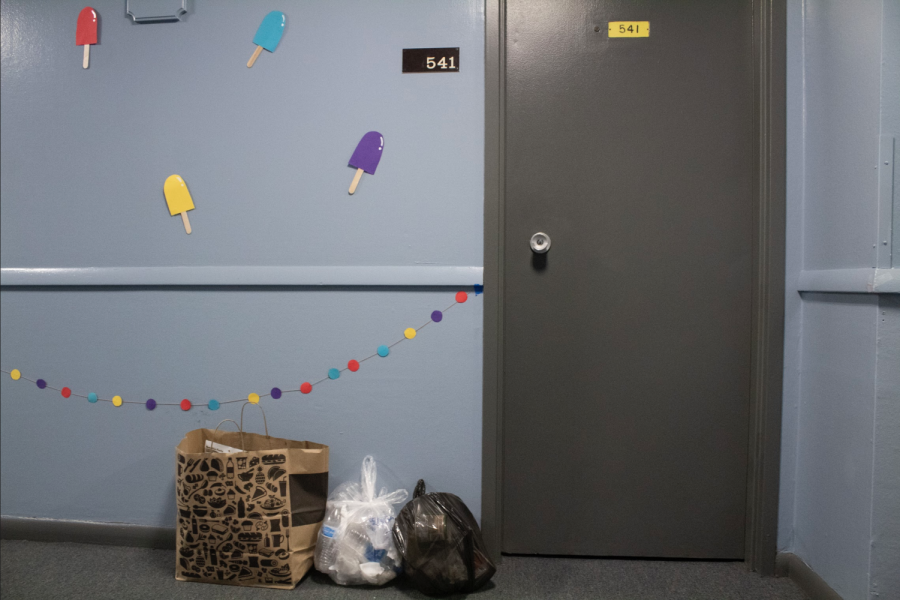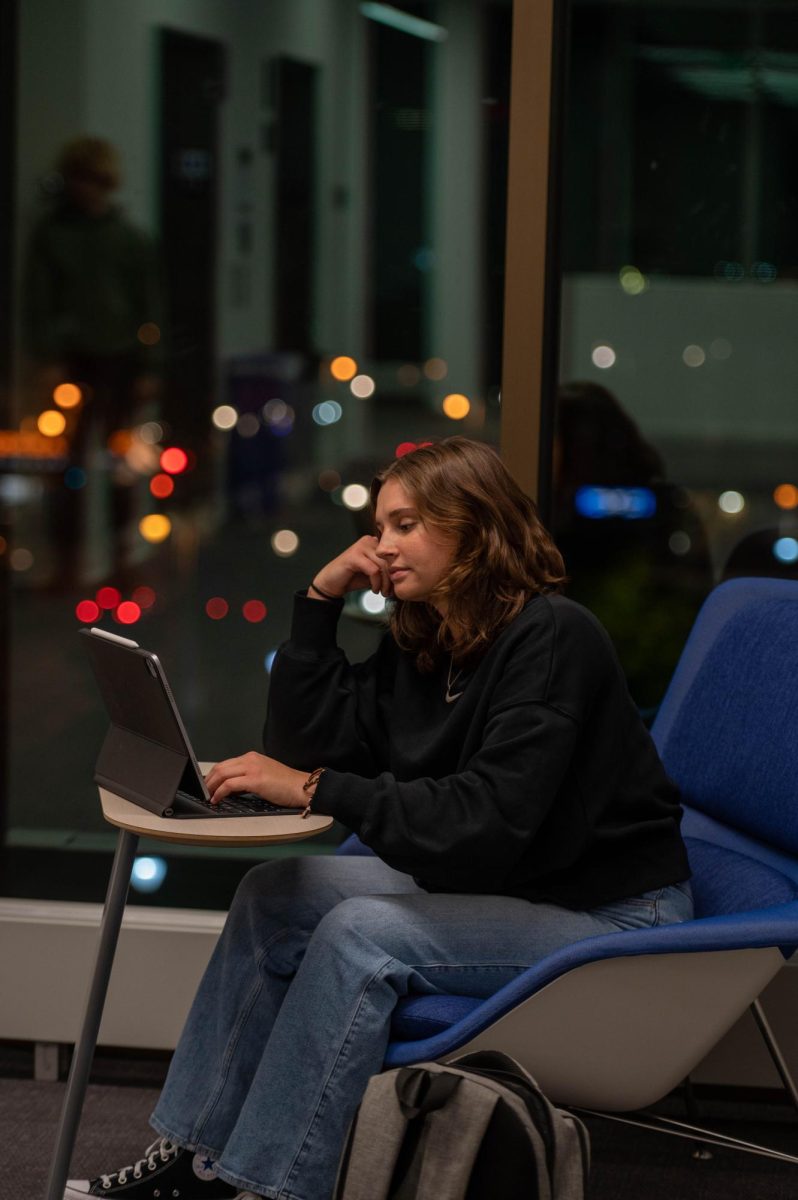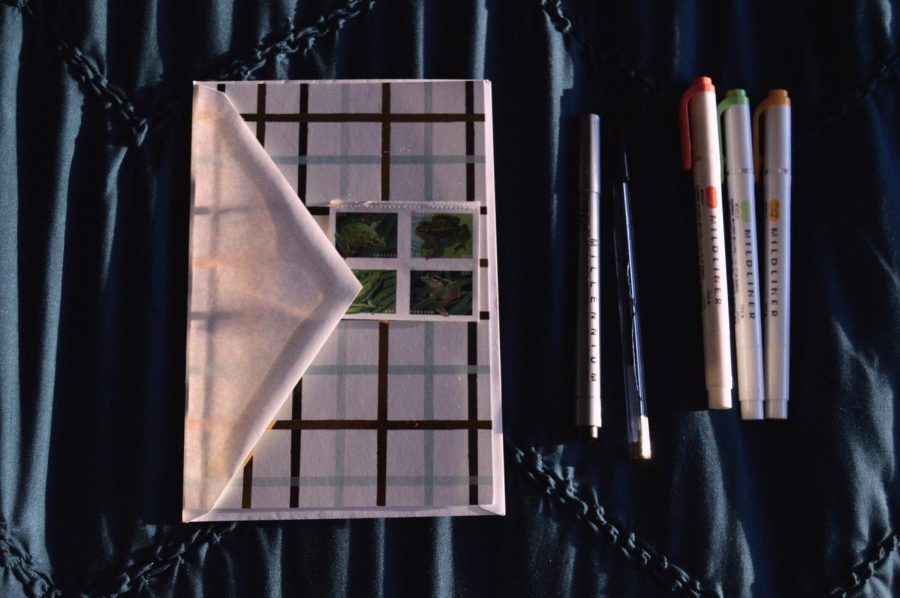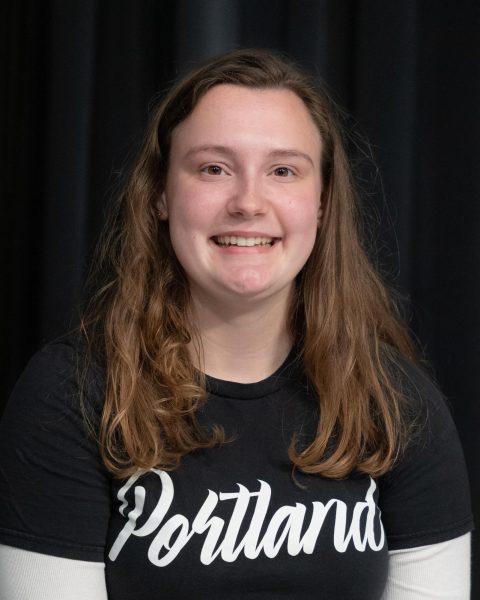Marquette students that test positive for COVID-19 are required to live in certain isolation spaces designated by the university.
These spaces are located all throughout campus. Every university residence hall has isolation rooms that contain a private bathroom. Even residence halls that have communal bathrooms such as Schroeder and Cobeen Hall, have special isolation rooms available. On campus apartments also have similar spaces available.
“We have 100 isolation rooms and over 150 quarantine spaces” said Mary Janz, executive director of Housing and Residence Life, said.
Isolation rooms are primarily for students with a positive COVID-19 test, but they can also be used by individuals who have had close contact with a confirmed case and have reason to assume that they would test positive.
Students living in off-campus housing can request an isolation room if their living situation doesn’t have such spaces.
“Our testing capacity will warrant results within 24 to 48 hours,” Keli Wollmer, executive director of the medical clinic, said. During the 24 to 48 hour time frame the medical clinic suggests that students stay in their rooms and limit contact with others.
Quarantining is different than isolation, according to Marquette’s COVID-19 protocol document. Students quarantining in Schroeder Hall who do not test positive will only be required to quarantine for two weeks, while isolation has different terms.
“Those in isolation must remain until symptom free for 24 hours and at least 10 days since the onset of symptoms have passed,” the university’s Step 4 COVID-19 protocol document said.
Students must remain symptom free without using “over-the-counter” medications. This includes fever reducers such as Tylenol or other cough suppressants.
If a student has a positive COVID-19 test but does not develop symptoms, they must be in isolation for a minimum of 10 days after their initial test.
On average, a student who has tested positive for COVID-19 will be in isolation for two to four weeks. Students in isolation will work with the medical clinic to closely monitor new or worsening symptoms and develop a plan for their health.
In addition to the medical clinic, students in quarantine or isolation also have other resources available to them. For students in Schroeder Hall, spiritual resources are also available.
“Schroeder Hall students have a Jesuit-in-residence and resident Hall Minister to support them during this difficult time,” Megan Heedler, Schroeder Hall Minister, said.
While in-person spiritual events are suspended at this time Heedler says that there are still plenty of opportunities for students to connect with their faith and their community.
“A weekly small group of Schroeder students called ‘Camino’ continues to meet weekly via a virtual platform to talk about faith and life, especially focusing this week on the challenges of quarantine,” Heedler said.
Continuing to meet in small groups offers a place for students to safely engage with their community while remaining in quarantine. For students in isolation, additional resources are available.
“Students who have been isolated due to positive COVID tests receive a daily call from the Hall Minister to provide them with community and companionship and to field any questions they might have throughout their isolation period,” Heedler said.
Even though in-person ministry is limited, Heedler and Jesuit in-residence Rev. Jose Miguel said they have been making an effort to be especially present and accessible for students during this time. They are reaching out to students via email and are offering to meet via Microsoft Teams for students who wish to do so.
Miguel and Heedler keep in contact regularly with Schroeder Hall Director Alexander Brandt to ensure that all students get the support they need at this time. Campus Ministry is also working on putting a book full of poetry, prayers and reflection for students in Schroeder.
Counseling and academic services are also available to students quarantine in Schroeder or in other places on campus. For more information about quarantine and isolation, students should visit the university’s COVID-19 response page.
This story was written by Megan Woolard. She can be reached at megan.woolard@marquette.edu.










